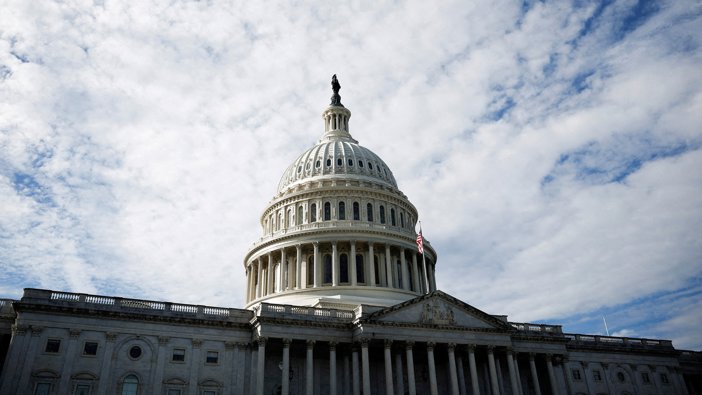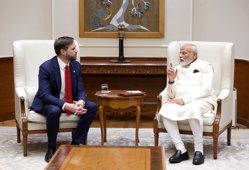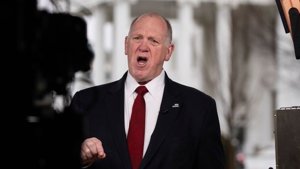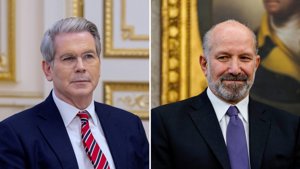
White House Disputes CBO Deficit Estimate
White House challenges CBO’s $2.4T deficit projection, insists Trump’s bill yields $6.6T in savings.
White House Counters Nonpartisan Forecast with Dire Economic Warning
The White House has issued a sharp rebuttal to a new Congressional Budget Office (CBO) report that projects President Donald Trump’s sweeping tax and spending legislation will increase the federal deficit by $2.4 trillion over the next decade.
The CBO’s analysis, released Wednesday, evaluates the fiscal impact of the so-called “big, beautiful, bill” passed by the House in May. But the Office of Management and Budget (OMB) claims the assessment is flawed due to what it calls a “faulty premise”: the assumption that the 2017 Trump-era tax cuts will not be extended.
According to the OMB’s own calculations, the proposed tax and spending measures would reduce the federal deficit by $1.4 trillion, and when combined with planned tariffs and targeted spending reductions, the total projected deficit reduction climbs to $6.6 trillion over 10 years.
OMB Director Russell Vought defended the administration’s fiscal outlook during a House Appropriations Committee hearing, stating that the CBO “fundamentally misreads the economic consequences of not extending the current tax relief.”
“It will lead to reduced deficits and debt of $1.4 trillion,” Vought said. “It will reduce mandatory savings of $1.7 trillion. I don’t think the way they construct their baseline gives a fair shake to economic growth.”
Vought warned that failure to pass the bill would spark a recession, citing a potential 60% tax increase on Americans if the current tax structure expires. “We’ll have a recession,” he said. “The economic storm clouds will be very dark.”
Partisan Allegations Surface Over CBO Staffing
Beyond technical disagreements, the administration accused the CBO of political bias, alleging that its staffers have consistently supported Democratic candidates. While CBO Director Phillip Swagel previously served under President George W. Bush and was recommended by both Republican Senator Mike Enzi and Representative Jodey Arrington, White House officials questioned the office’s neutrality.
“There hasn’t been a single staffer in the entire Congressional Budget Office that has contributed to a Republican since the year 2000,” one senior official claimed. “But there have been many who contributed to Democratic candidates every cycle since.”
The CBO, which is legally nonpartisan and answers to both chambers of Congress, has not publicly responded to the White House’s allegations or OMB’s counter-analysis.
The legislation now moves to the Senate, where it faces skepticism from several Republican lawmakers, including Senator Rand Paul of Kentucky. Critics, including prominent business figures, have expressed concern that the bill’s expansive scope could worsen fiscal conditions rather than improve them.
Still, the White House remains confident in its projections. “This is a transformative policy,” Vought argued. “It sets us on a path of sustainable growth and fiscal discipline.”
As debate continues, the outcome of the bill will likely shape not only the nation’s short-term budget trajectory but also long-term debates over the reliability of federal fiscal forecasting.






